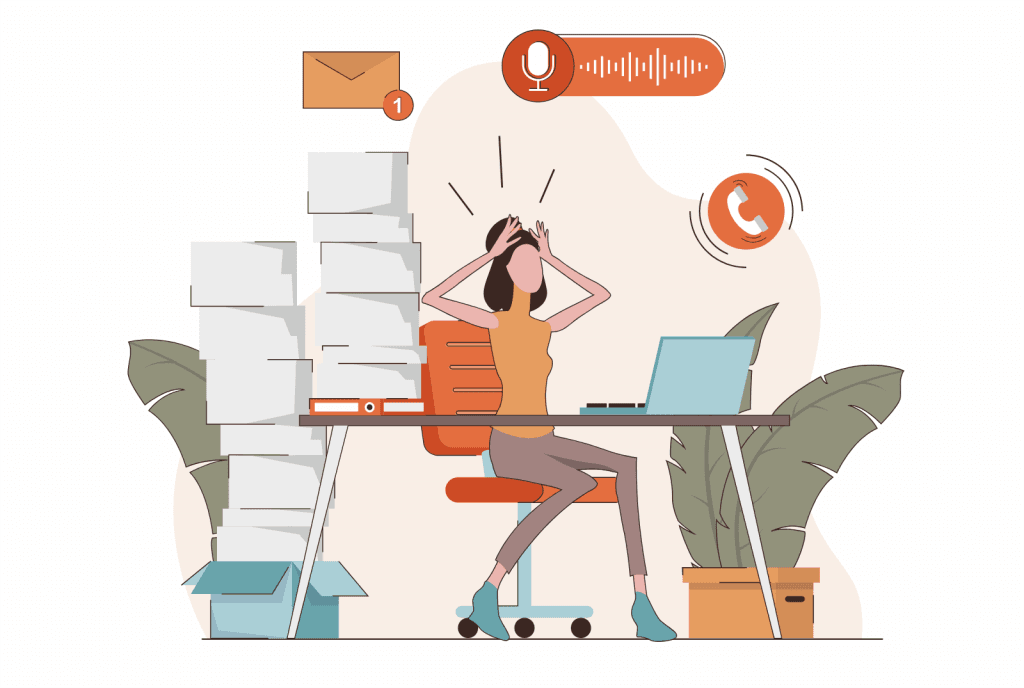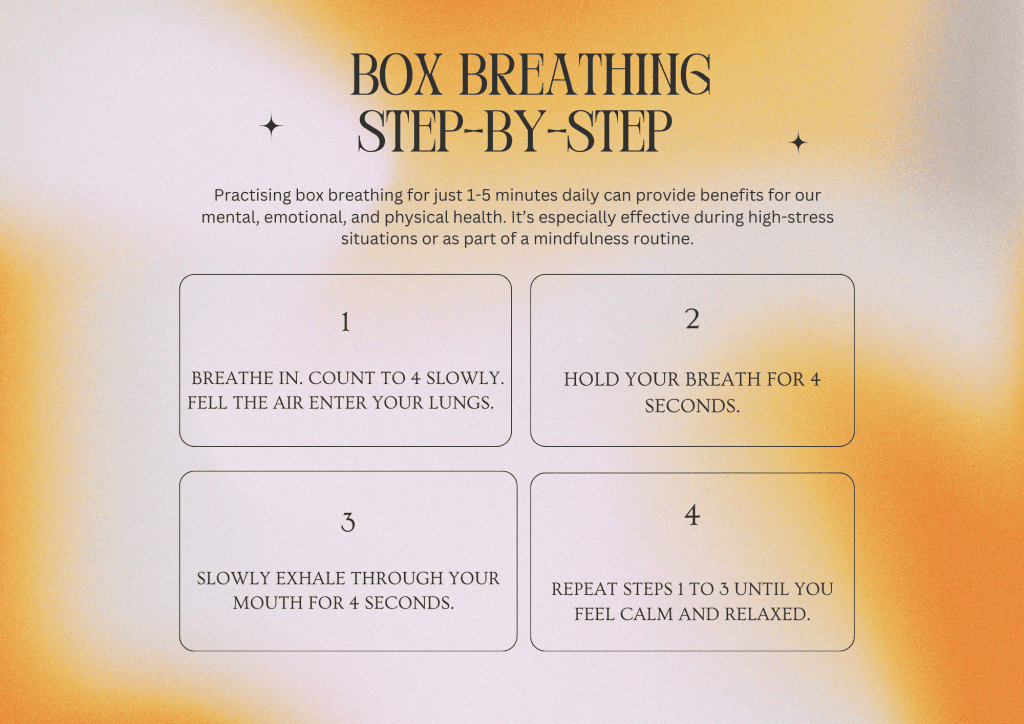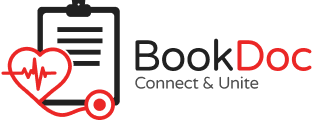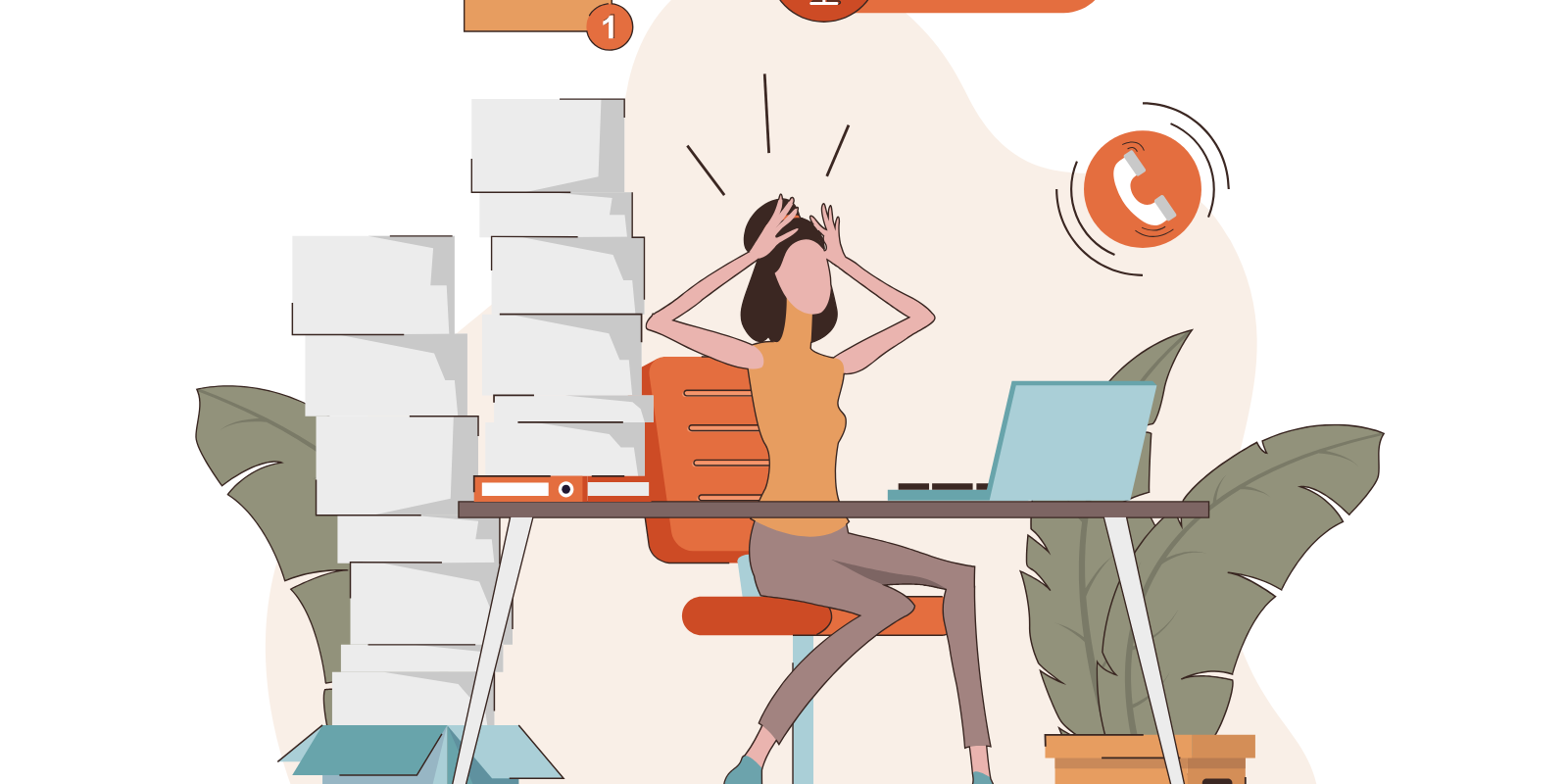
In today’s fast-paced work culture where we are constantly needing to stay productive, it can get pretty overwhelming. Stress can be good to help us thrive at work but how much stress is too much?
There are two types of stress mainly known as eustress and distress. Eustress is a positive type of stress that motivates and increases our performance, is short-term and most importantly, it is perceived as within our coping abilities. In contrast, distress often causes a lot of anxiety and worries, can be short-term or long-term and is often perceived as outside of our coping abilities. Oftentimes, it can lead to a myriad of mental and physical health problems if not tackled effectively.
So then, the question is how much stress is too much stress?
When we feel that things are starting to get out of control, and when we feel that resources are out of reach, we may start to feel helpless. The point where stress is no longer productive is different for everyone. For a start, you may want to look out for these signs:
- feeling overwhelmed and ‘on edge’
- inability to cope with the current stressors
- inability to have a good night sleep
- feeling lethargic and exhausted on a frequent basis
When too much stress occurs on a daily basis without any proper coping mechanisms, we may fall into a state of burnout.
Let’s look into some of the ways that can help us to cope with stress better.
Establish a routine
As humans, we are creatures of habit and are attracted to familiarity. Establishing a routine can help us to maintain a sense of predictability and stability in our day despite having a full day packed with meetings. When we feel in control and have a routine to fall back onto, it will help to reduce our stress.
Take short breaks
Building in regular, short breaks can help to keep you motivated, focused and productive. A strategy that can help you to get into the habit of taking breaks is the Pomodoro technique. It is a time management method in which you commit to a 25 minute focused work and take a 5 minute break. This cycle can be repeated once you are more familiar with the process.
Engage in deep breathing exercises
Whenever we feel overwhelmed, our breathing pace quickens and this often signals to our brain that we are in ‘danger’ or there is a ‘threat’ around us. Learning how to regulate our breathing can help our nervous system to relax and destress. Box breathing is a simple technique that you can practice to help return your breathing to a more relaxed state.

Establish boundaries
Establishing boundaries can come in many forms such as defining your priorities, delegating tasks and saying ‘No’. Learning steps to identify our capacity in terms of workload can be a first step to tackling the most important tasks and to whom we can delegate our tasks to. This also helps us to stay on track and have a clear focus to accomplish for the day.
Reach out for support
Whether it’s through your work colleagues, boss or mentors, reaching out for support and asking for help is not a sign of weakness. At times, the people around us can be our greatest resources and learning to identify the individuals at work who we can reach out to for support can help us remarkably in the long-term.
Stress is an inevitable part of our daily lives and at times, stress can be beneficial for us to push ourselves to perform better at work and be productive. However, when stress is too much and beyond our perceived capacity to handle, that’s when our coping skills will make a difference. By applying these strategies and tips, it can help you to manage stress a lot more effectively. However, it is important to note that there is no one size fits all when it comes to managing stress. So, find one that works for you. You’ve got this!
References
- American Psychological Association. (2014). Coping with stress at work. Apa.org. https://www.apa.org/topics/healthy-workplaces/work-stress
- Brennan, D. (2021, October 25). Psychological Benefits of Routines. WebMD. https://www.webmd.com/mental-health/psychological-benefits-of-routine
- Health Direct. (2019, February 3). Work-related stress. Healthdirect.gov.au; Healthdirect Australia. https://www.healthdirect.gov.au/work-related-stress













